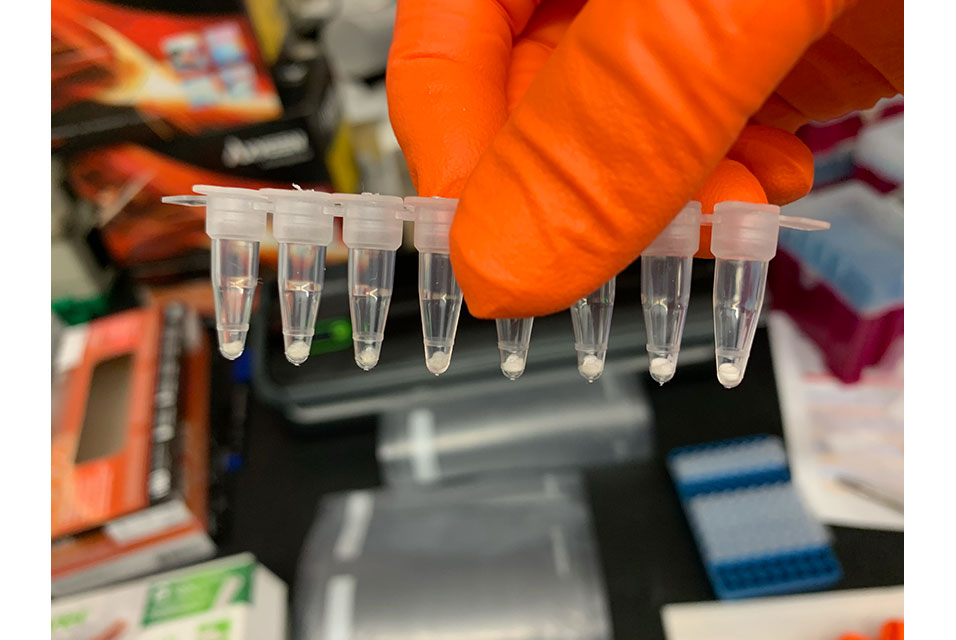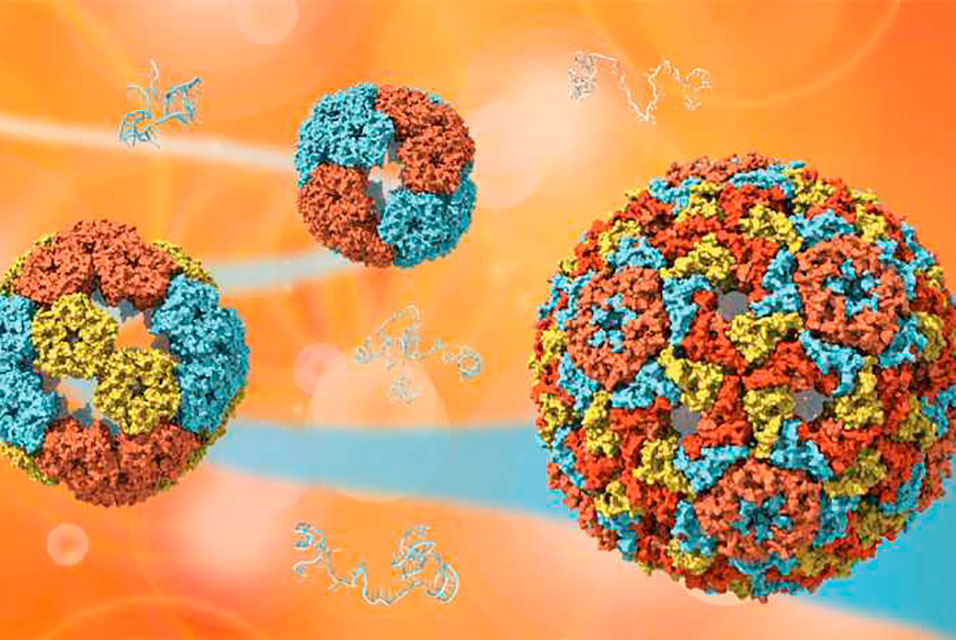EVANSTON, ILL.- In fighting the COVID-19 pandemic, it’s not just the vaccines that require complicated cold supply chains and refrigerated storage. Polymerase chain reaction (PCR) tests — often considered the “gold standard” of testing — also have enzymes and reagents that need to be frozen.
Northwestern University researchers have discovered that commercially available PCR tests can withstand the freeze-drying process, making them shelf-stable for up to 30 days and 50 degrees Celsius (122 degrees Fahrenheit) without sacrificing sensitivity and accuracy.
The researchers found that the testing reagents could be pre-mixed with a standard preservative, freeze-dried and then distributed and stored at room temperatures. When the test is needed, health care workers then add water to rehydrate the test for immediate use.
The new strategy could help ease logistical challenges, making tests more available to help schools, businesses and sporting events safely reopen. It also could be a particularly powerful option for low-resource settings that lack access to reliable electricity and refrigeration.
“At different points in time, the COVID-19 pandemic nearly broke our health care system,” said Northwestern’s Michael Jewett, who led the study. “With our strategy, we can eliminate the need for cold-chain shipping and reduce labor costs needed for on-site mixing of diagnostic reagents. It would be extremely gratifying if this could allow testing to be developed and deployed much more broadly around the globe.”
The research, which includes instructions health care and lab workers can use to start freeze-drying PCR tests immediately, was published in the Biotechnology Journal.
Jewett is a professor of chemical and biological engineering at Northwestern’s McCormick School of Engineering and director of Northwestern’s Center for Synthetic Biology. He also is a member of the Simpson Querrey Institute, Chemistry of Life Processes Institute and Robert H. Lurie Comprehensive Cancer Center of Northwestern University.
The same process used to make astronaut ice cream, freeze drying extends the shelf-life of perishable materials by freezing them and then dehydrating them by removing the ice. Earlier this year, Jewett led studies to develop shelf-stable vaccines with freeze-dried components. Now, his team uses a similar philosophy to help expand access to gold-standard testing.
“The pandemic has highlighted the challenges and limitations of centralized laboratory testing,” Jewett said. “Testing relies on trained personnel with a significant amount of expertise, expensive equipment and complicated logistics that require a stable cold chain. There is a pressing need for testing strategies that are easy to use, reduce labor at the point-of-care and are inexpensive to deploy anywhere in the world.”
In their new study, Jewett and his team bought five PCR kits directly from vendors. After fully assembling the reactions, they added simple preservatives to stabilize the mix and then stored the tests at varying lengths, conditions and temperatures.
“We needed to make sure the tests still worked in the presence of the preservatives,” Jewett said. “PCR kits are based on proteins, which can fall apart when exposed to elevated temperatures or oxygen, so we have to keep them cold. If we add a preservative, it stabilizes the proteins to keep them from falling apart. But we also needed to make sure the preservative didn’t interfere with the biological machinery in the test.”
Of the mixes tested, the researchers showed that one commercial test maintained activity and sensitivity after storage for 30 days at both ambient and elevated temperatures. With this strategy, tests can be distributed and stored as a dry powder at room temperature and rehydrated on-demand.
“We could stockpile these tests and distribute them without a cold chain,” Jewett said. “And that’s the important thing. It’s now an all-in-one kit — no longer multiple parts that need to be mixed together in a cocktail. It’s one test that’s freeze-dried and activated with water.”
The study, “Lyophilization of premixed COVID-19 diagnostic RT-qPCR reactions enables stable long-term storage at elevated temperatures,” was supported by the National Science Foundation (RAPID-2028651), David and Lucile Packard Foundation and Camille Dreyfus Teacher-Scholar Program.










